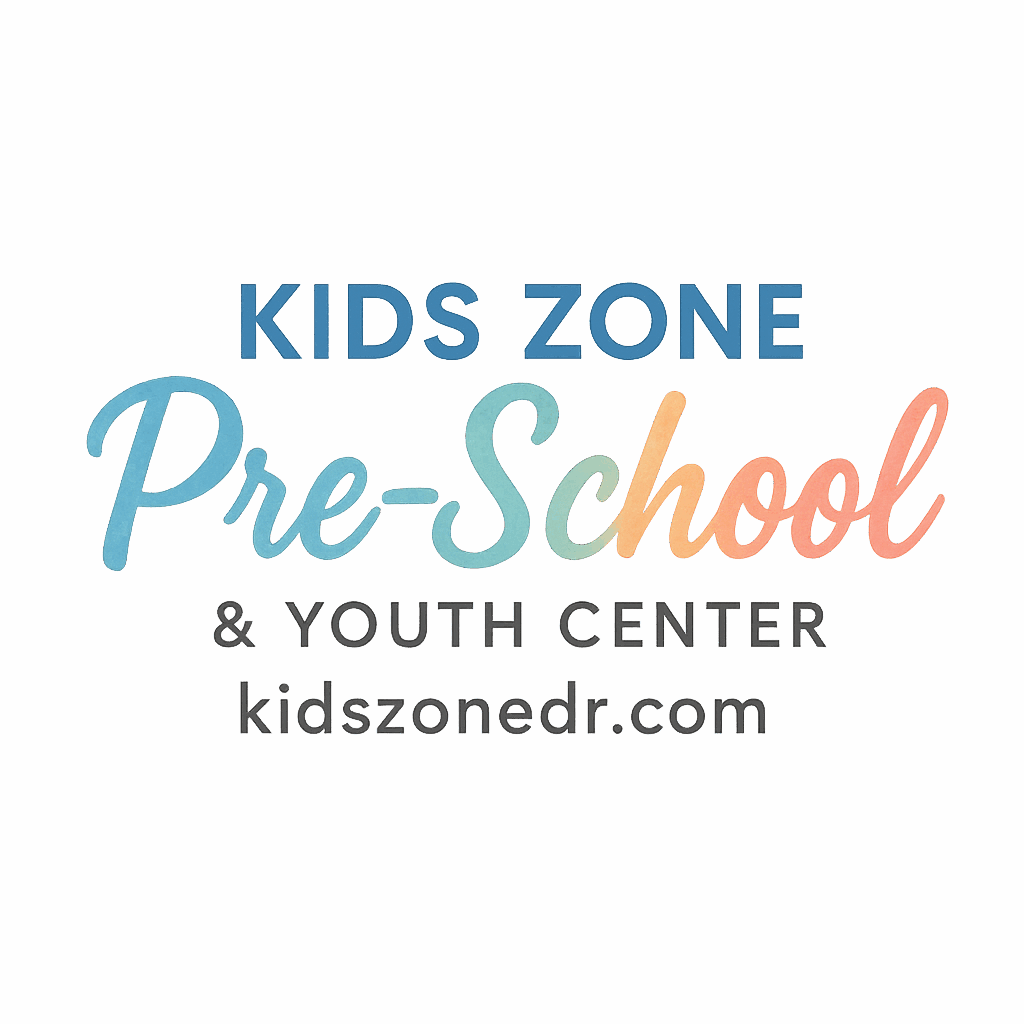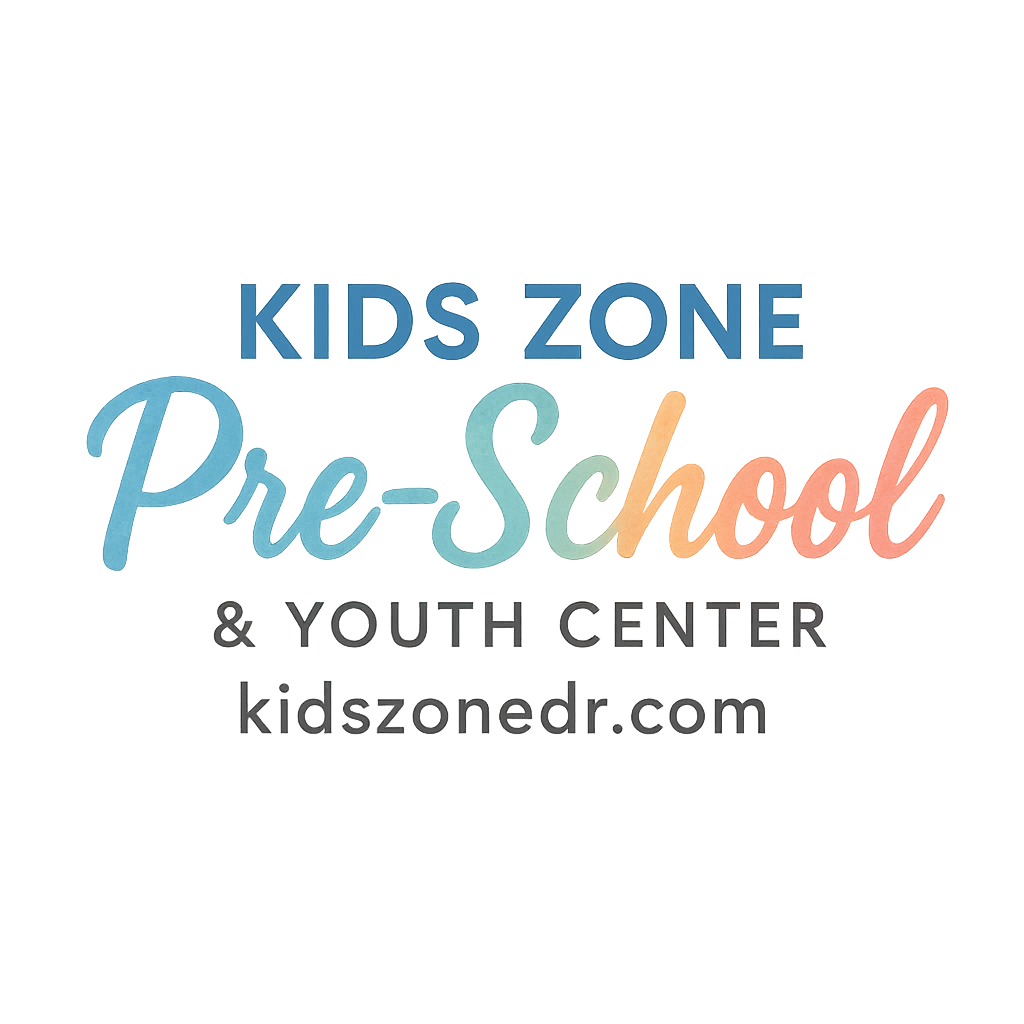Playgrounds aren’t just places to burn off energy—they’re living classrooms where kids learn life skills, make friends, and grow. If you’re running a preschool or youth center, you probably already know that outdoor playtime is more than just a break from structured lessons. It’s where imagination runs wild, confidence grows, and social bonds form.
In this guide, we’ll dive into 10 preschool & youth center playground activities that are fun, safe, and beneficial for children’s overall development. Ready? Let’s explore some creative, high-energy ideas you can start using today!
Why Playground Activities Are Crucial for Preschoolers
Playground activities are more than play; they’re building blocks for lifelong skills.
Building Physical Strength and Coordination
From climbing to running, playground activities help children strengthen their muscles, improve balance, and boost coordination. Think of it as a natural gym session that feels like pure fun.
Supporting Emotional Growth and Confidence
When a child climbs a slide alone or joins in a group game, they build resilience and confidence. These small victories shape their self-esteem.
Encouraging Social Interaction and Teamwork
Outdoor play gives kids the chance to learn cooperation, sharing, and teamwork—skills that are just as important as ABCs.
👉 For more insights into child development through daily routines, check out preschool learning development.
How to Choose the Right Playground Activities
Not every game works for every age group. A thoughtful selection ensures safety and fun.
Age-Appropriate Play Considerations
Younger preschoolers thrive with simple, guided activities, while older kids enjoy challenges like relay races and obstacle courses.
Balancing Fun and Safety
The golden rule? Fun shouldn’t compromise safety. Use safe equipment, set boundaries, and always supervise. For more tips, visit health & safety in preschool.
Aligning with Preschool Learning Goals
Playground activities can be linked to learning goals, whether it’s practicing numbers in a scavenger hunt or boosting vocabulary in outdoor storytime.
Top 10 Preschool & Youth Center Playground Activities
Here’s the fun part—activities your kids will love!
1. Classic Tag with a Twist
Benefits of Tag
Tag promotes running, agility, and laughter. It’s perfect for releasing energy.
Creative Variations
Try “Freeze Tag” or “Shadow Tag” to keep it fresh.
2. Obstacle Course Challenge
Setting Up Simple Courses
Use cones, ropes, or chalk to design an exciting course.
Motor Skills Development
Kids practice crawling, hopping, and balancing—boosting coordination.
3. Parachute Play
Cooperative Games
Children hold a parachute and work together to bounce balls or create waves.
Colorful Fun with Group Learning
This activity fosters teamwork while dazzling kids with visual excitement.

4. Nature Scavenger Hunt
Exploring Outdoor Curiosity
Kids search for leaves, rocks, or bugs—it’s like a mini adventure.
Building Problem-Solving Skills
Scavenger hunts encourage observation and critical thinking.
5. Musical Statues
Rhythm, Freeze, and Fun
Play music and let kids dance—then freeze when it stops.
Boosting Listening Skills
This activity improves focus and attention while being hilarious.
6. Ball Games for All Ages
Kickball Basics
Kickball is easy to set up and a favorite among kids.
Hand-Eye Coordination Practice
Throwing and catching games build essential motor skills.
7. Sandbox Construction Play
Team Projects in Sand
Provide buckets, shovels, and molds for creative play.
Creativity and Imagination
Sand play fosters storytelling and teamwork—castles, roads, and imaginary worlds!
8. Balance Beam Adventures
Simple Setup for Confidence
A wooden plank or chalk-drawn line works wonders.
Gross Motor Skill Benefits
Balance play improves posture and core strength.
9. Relay Races
Friendly Competition
Divide kids into teams and let them race with simple challenges.
Encouraging Healthy Habits
Relay games promote fitness and teamwork at once.
10. Storytime on the Playground
Mixing Literacy and Play
Outdoor story circles let kids blend calm learning with fun.
Calming Group Activities
This activity provides a quiet, bonding moment to wind down after energetic play.
👉 Need help choosing activities that align with preschool growth? Explore daily routines & activities.
Safety and Health Considerations for Playground Fun
Playgrounds should be safe havens.
Establishing Clear Playground Rules
Simple rules like “no pushing” and “wait your turn” create safe environments.
Hygiene and Wellness Practices
Handwashing before and after play prevents the spread of germs. Learn more at wellness.
Keeping Activities Inclusive
Ensure every child, regardless of ability, has a chance to join.
Role of Parents and Teachers in Playground Activities
Adults play a vital role in guiding—not controlling—play.
Guiding Play Without Controlling It
Step back, observe, and encourage kids to solve challenges themselves.
Encouraging Confidence and Independence
When kids are trusted to try new activities, their confidence blossoms. More tips on parent involvement can be found at parental guidance & involvement.
Wrapping Up: The Joy of Outdoor Learning
The playground is a magical space where children learn while laughing. From tag to scavenger hunts, each activity builds physical strength, social skills, and creativity. The key? Mix fun with safety and let kids explore freely.
FAQs
1. How much outdoor play should preschoolers have daily?
Experts recommend at least 60 minutes of active play every day.
2. What are the safest playground activities for toddlers?
Simple balance games, sandbox play, and guided storytime are ideal.
3. How can teachers encourage shy kids to join playground games?
Pair them with a buddy, start with small-group games, and offer encouragement.
4. Are playground activities linked to academic learning?
Yes! Activities like scavenger hunts and storytime enhance literacy, numeracy, and problem-solving skills.
5. What equipment is essential for preschool playgrounds?
Balls, cones, parachutes, sand tools, and balance beams are versatile and safe options.
6. How can parents support outdoor play at home?
Encourage backyard games, trips to parks, and limit screen time.
7. What’s the role of routine in outdoor play?
Consistent routines help kids anticipate fun, build habits, and feel secure. More on this at daily schedule.


